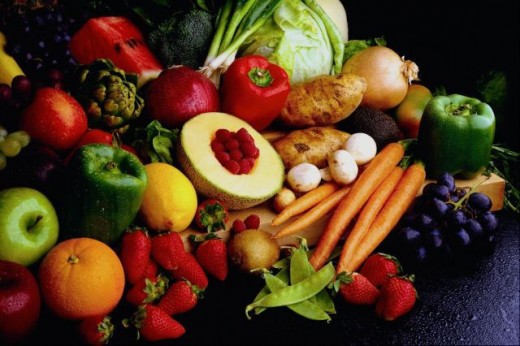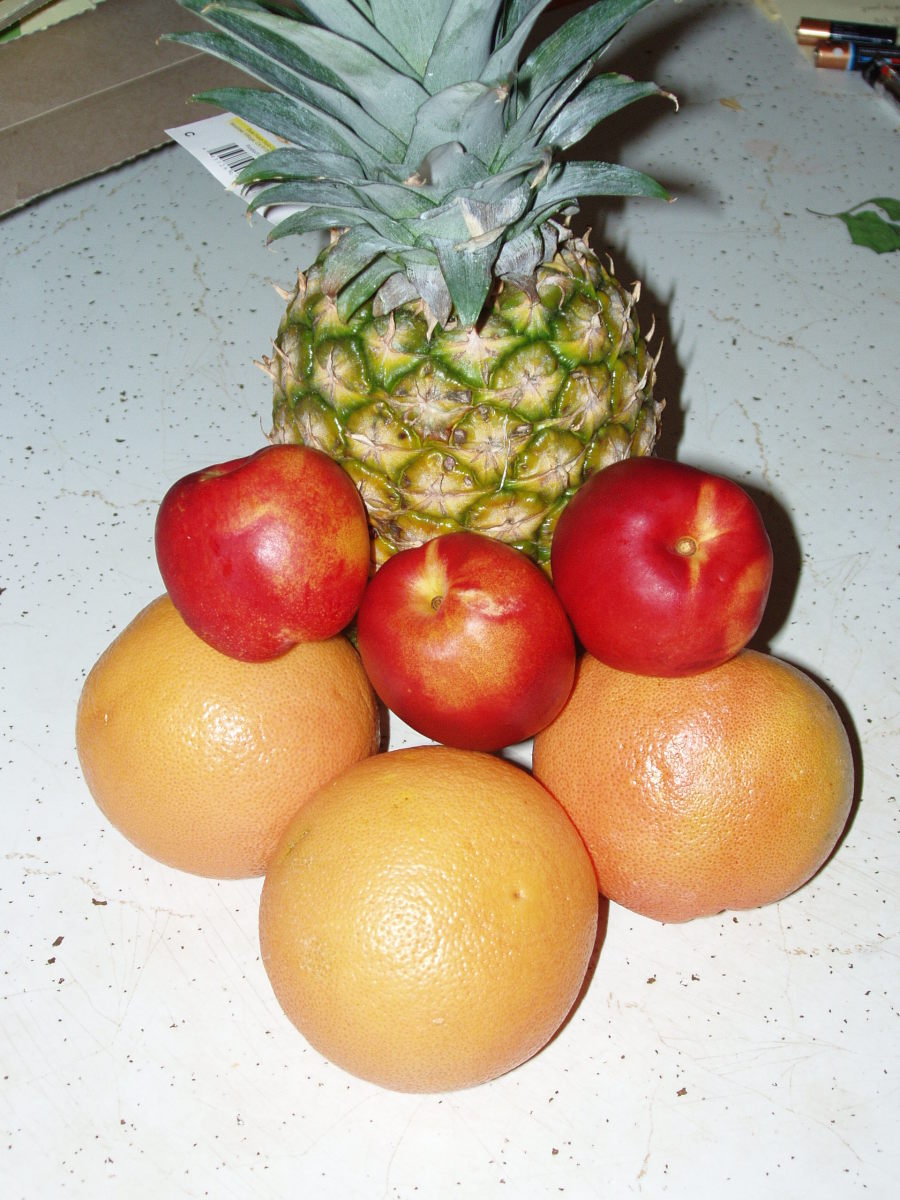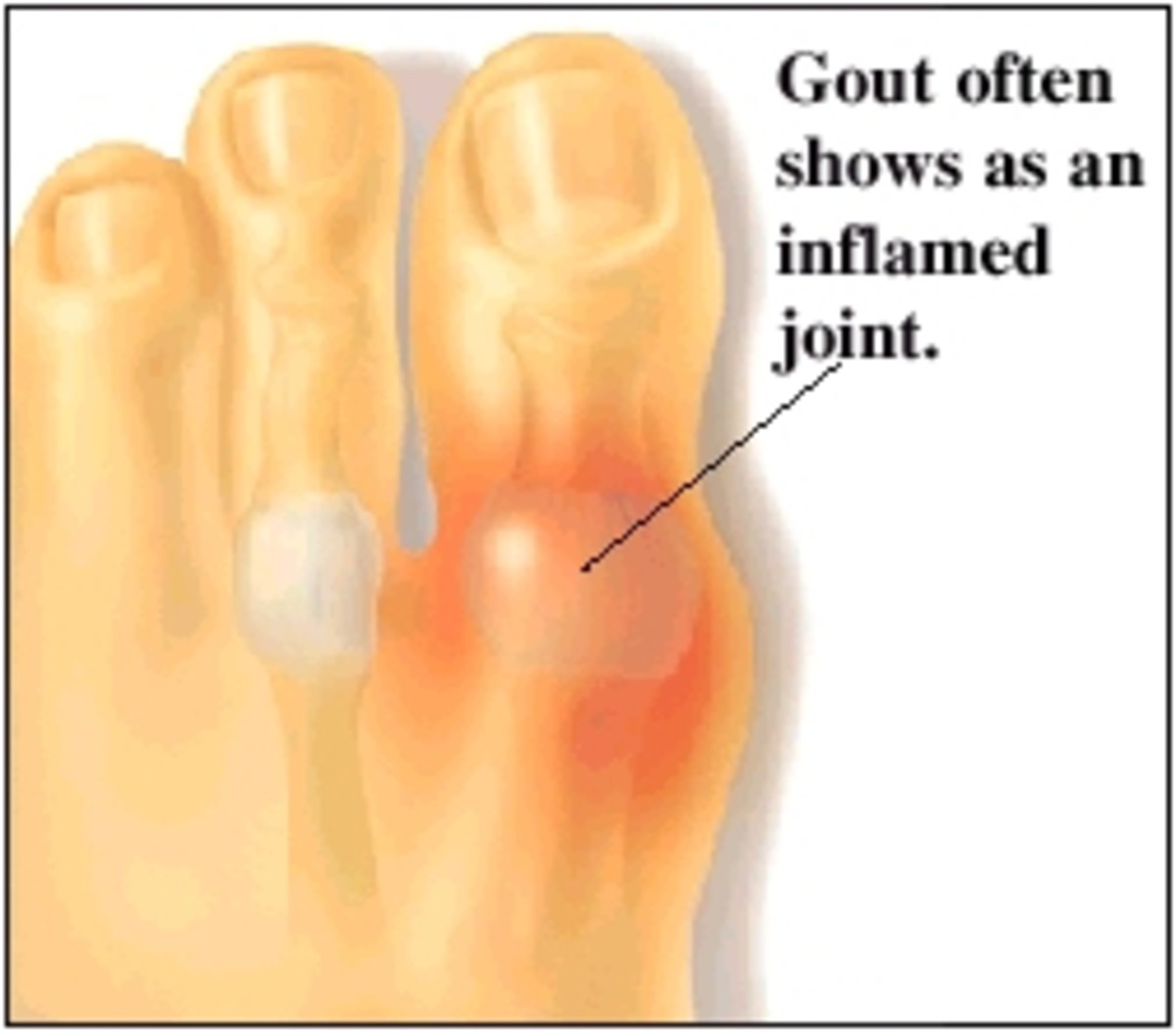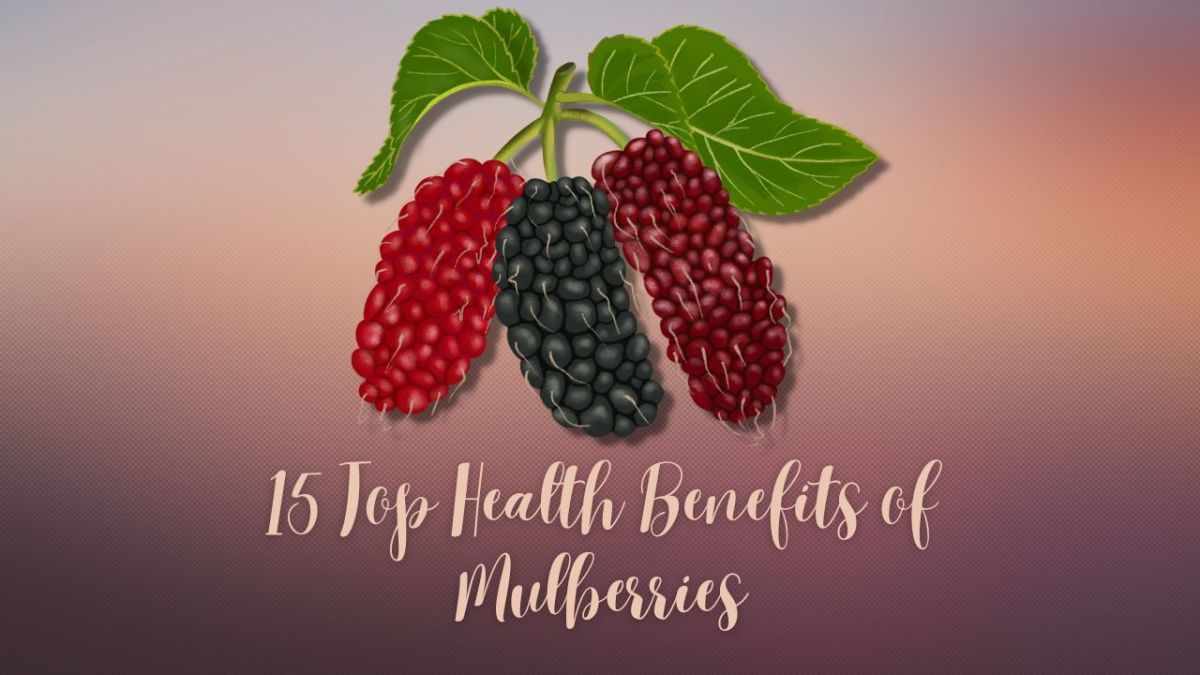Vitamin C and Anti-Aging
Studies and Research
According to the National Cancer Institute, about one-third of all cancer deaths are related to malnutrition. This is mostly due to chemotherapy. Integrative or holistic practitioners understand this. Healthy eating and feeding the body with necessary nutrients is essential not only to prevent disease, but to help live longer, healthier, active lives. Most Americans know they should take vitamins. However, the majority of those Americans do not know which vitamins they need or why. Many people think that a multiple vitamin is enough but it is not. Quality of vitamin supplements and how they are tested are also important factors. Because knowledge is powerful, learning how vitamins maintain health and even life, can help you make wiser choices later on.
Vitamin C, ascorbic acid, is one of the most important defenses against all types of stressors, dangerous micro-organisms and toxins, including metals and drugs. As a strong anti-oxidant, it protects us from carcinogens which lead to cancer. It maintains collagen, to keep skin young and enhances white blood cell production, the basic part of our immune system. It aids tyrosine in thyroid production. Wounds that don’t heal and increased infections are often the result of vitamin C deficiency. So are swollen and/or painful joints and bleeding gums. Scurvy is the extreme form bleeding gums. Although the benefits of Vitamin C are many, its other benefits are now the fastest growing among baby-boomers: anti-ageing and longevity.
The big problem however, is we humans cannot produce ascorbic acid. Other species’ production of ascorbic acid increases when invaded by a virus, stressors, toxins or carcinogens. Without it we would die. If we add higher doses, we can live longer and healthier. Research from UCLA showed over a ten year period, those 11,348 adults between twenty-five and seventy-four years old who took only 800 milligrams of ascorbic acid a day lived six years longer than men who took only 60 milligrams a day, the dose suggested by the RDA . As far back as 1992 scientists have shown that vitamin C plays a large part in preventing heart disease. In The American Journal Of Clinical Nutrition, of 11,178 elderly people in a nine year study, 42 percent decreased mortality with high doses of vitamin C. In the Journal of American College Of Cardiology in 1998, it was shown that plasma vitamin C levels independently predict the presence of unstable coronary syndrome in patients with heart disease. In 1998 The Journal Of Circulation stated that vitamin C restored arterial dilation stretch response and increased blood flow in patients with CHF (congestive heart failure).

Supplements vs Fresh Veggies
Why supplement with Vitamin C? Why not simply eat more fruits and vegetables? We used to have sources rich in vitamin C in our diets, such as citrus fruits, watermelon, oranges and green leafy vegetables. However the difference now is that we no longer are able to get fruits and vegetables with the same nutrients as we did just fifty years ago. Now we pick fruits and vegetables before they are ripe. Then with chemicals, they are gassed so they appear to be ripe. Fruits and vegetables get their nutrients while becoming ripe while growing, before they are picked. Also, much of our land is depleted of many of the nutrients we used to take for granted. It might take up to fifty oranges today to get the same amount of nutrients that was in one orange fifty years ago.
Are supplements as good as getting the vitamins from fresh food? Probably not, but it is the best answer when we can no longer get what we need from food. Another reason we do not get enough vitamin C today is the RDA, the government’s recommended daily allowance, which is ridiculously low, even for the multiple vitamin. The method for developing the RDA in the 1930s and forties has major flaws and is a story in itself, perhaps a topic for another article.
Foods Highest in Vitamin C
Remember, to get even a decent amount of vitamins, this list assumes that the fruit and vegetables are organic.
- Sweet red bell peppers
- Parsley
- Broccoli
- Cauliflower
- Strawberries
- Mustard greens
- Papaya
- Grapefruit
- Kiwi
- Oranges
- Cantaloupe
- Cabbage
- Tomatoes
- Raspberries
- Celery
- Spinach
- Pineapple
- Watermelon
- Tangerines
- Limes
- Cranberries
- Guava
Proper Dosage
The minimum dose of vitamin C for a healthy person, assuming it is high quality, is 1000 to 3000 milligrams per day. Ideally, most people need higher doses. A high quality ascorbic acid with bioflavonoids can be 500 milligrams. Bioflaonoids helps the vitamin C work better. The optimum level to a holistic Physician or Naturopathic Physician is “optimum bowel tolerance.” Optimum bowel tolerance is simply taking the doses prescribed, increasing the dose until stools are loose. At that point the dose is backed up to normal for that person. Vitamin C is safe. For people who are ill or overstressed physically or emotionally, including sleep deprived, doses are sometimes 30,000 to 40,000mg per day. For cancer patients, holistic or integrative medical specialists commonly give 50,000 to 100,000mg or 100grams IV, because it is toxic to the cancer cells yet relatively harmless to healthy cells, and it supports the immune system. Cancer Treatment Centers of America, or CTCA, states, “Vitamin and mineral supplements help provide nutrients that your diet may not, and offer a boost where illness may have depleted your body. The CTCA supplementation plan includes nutrients that may support your immune system and may reduce toxic side effects. A knowledgeble physician will recommend daily dosages of various nutrients, including: Beta carotene (vitamin A), Selenium, Vitamin C, Fish Oil, Vitamin E, Others as appropriate.”
Some people worry about what their doctors will say when they tell them they take supplements so they do not say anything. However, that is not good. Your doctor should know everything you take, prescription as well as supplements. You may have to educate your physician. Ask your doctor what she knows about vitamins. If she does not have a solid background in nutrition but says you do not need vitamins, it is time to look for another doctor.
Vitamin D Deficiency Altert
- ALERT! Vitamin D Deficiency Epidemic
In the United States alone, tens of millions of people are at risk of serious and deadly disease because of vitamin D3 deficiency. Vitamin...
Description of Vitamin C with Bioflavonoids
- Home | SedonaHolistic.com
Information on nutrition, holistic, natural and alternative medicine, natural bio-identical hormone therapy, integrative care, nutrition, Heavy metal toxicity, supplements and vitamins used by other Cancer Treatment programs.








